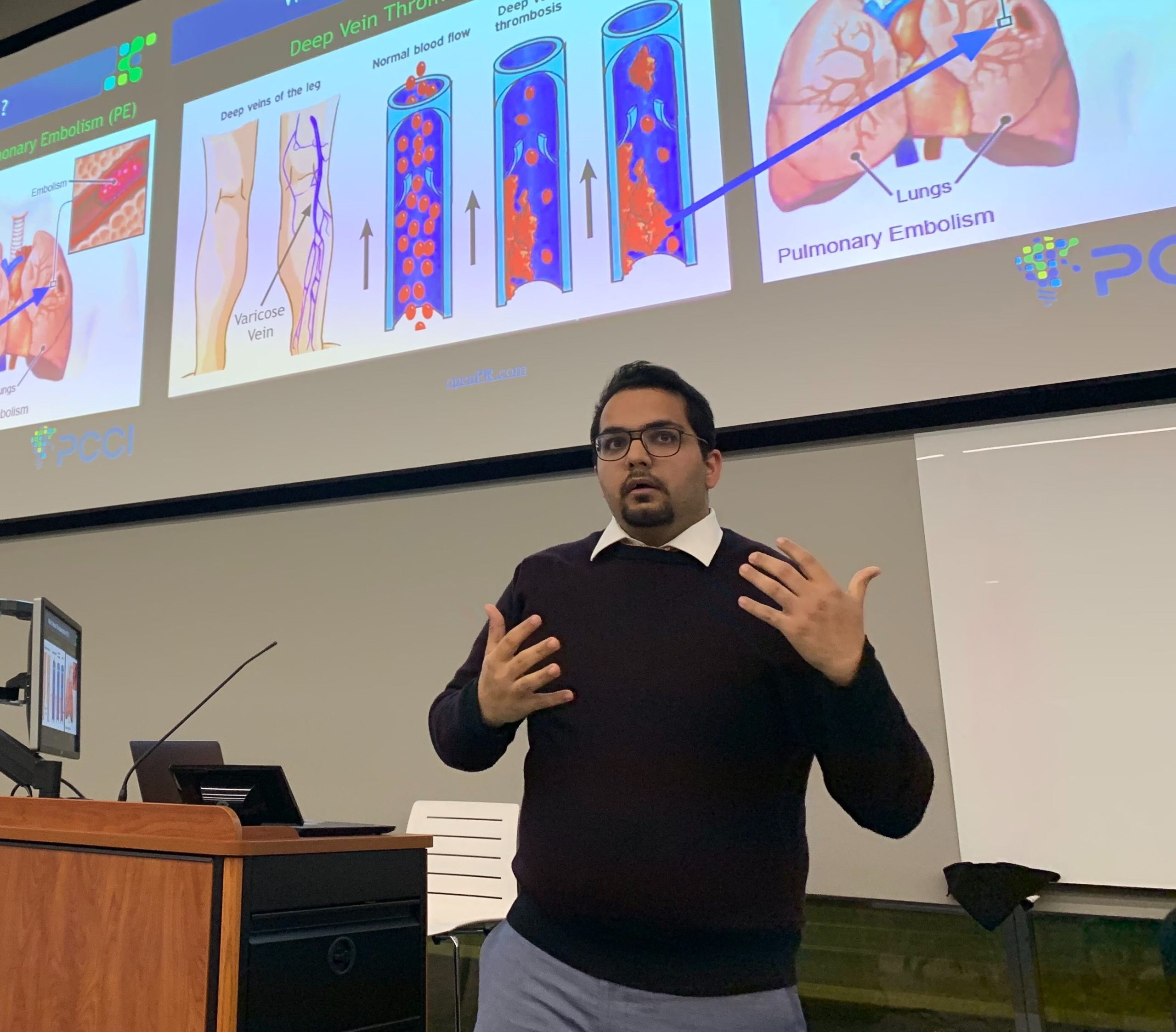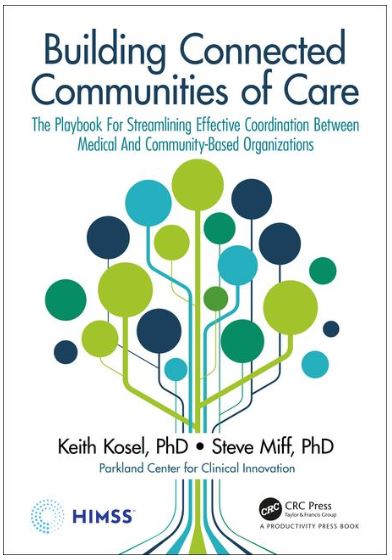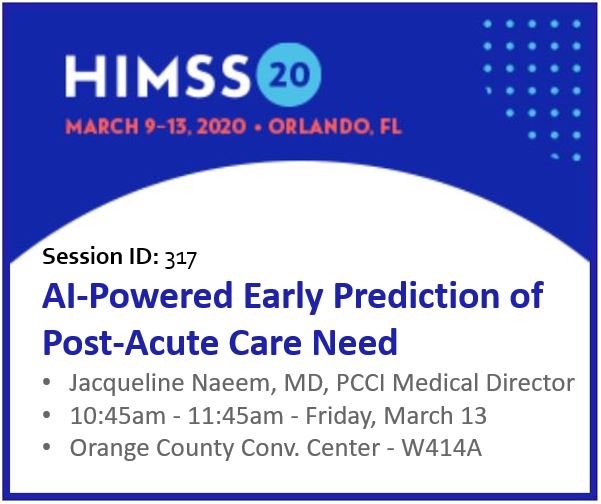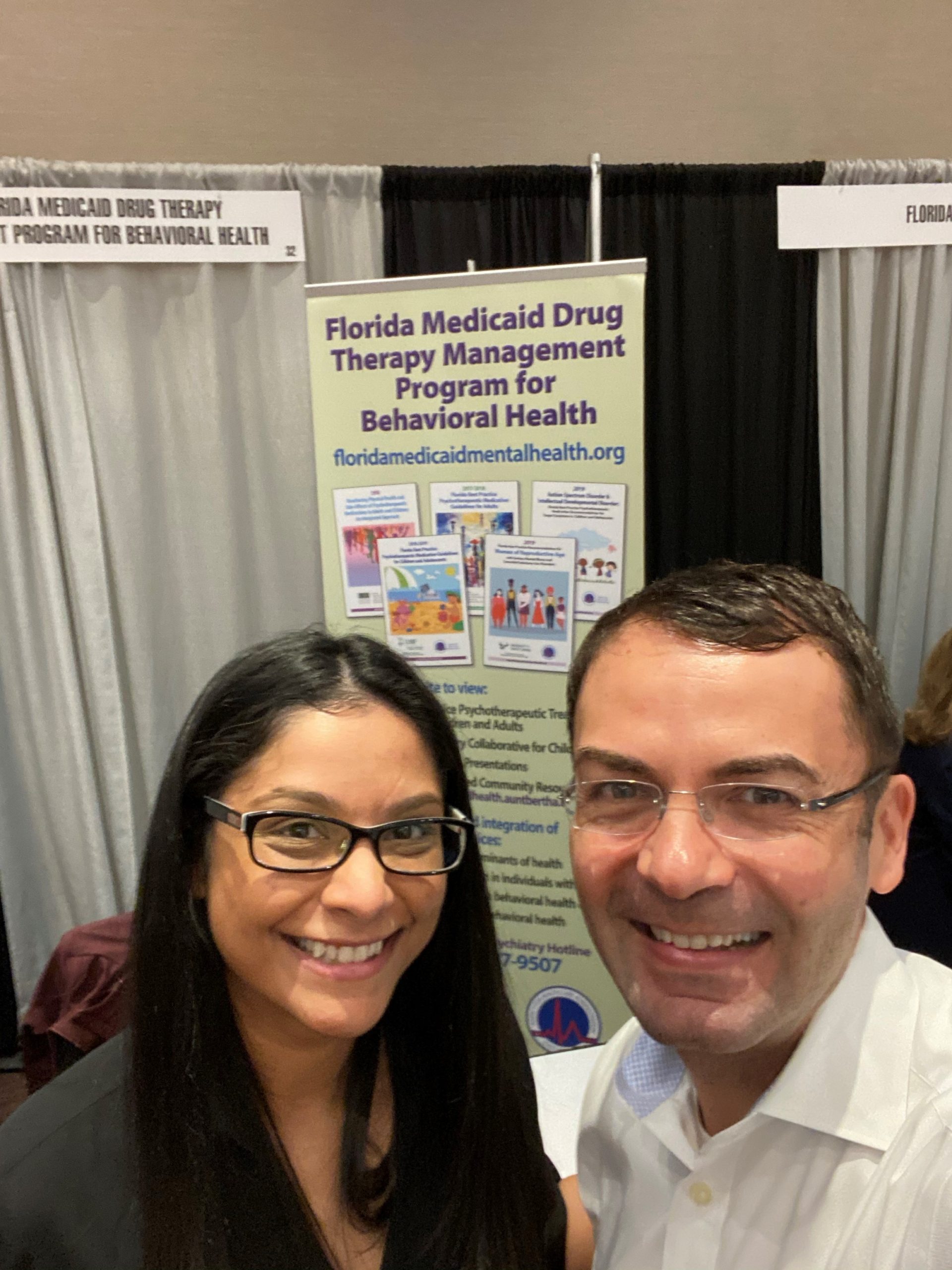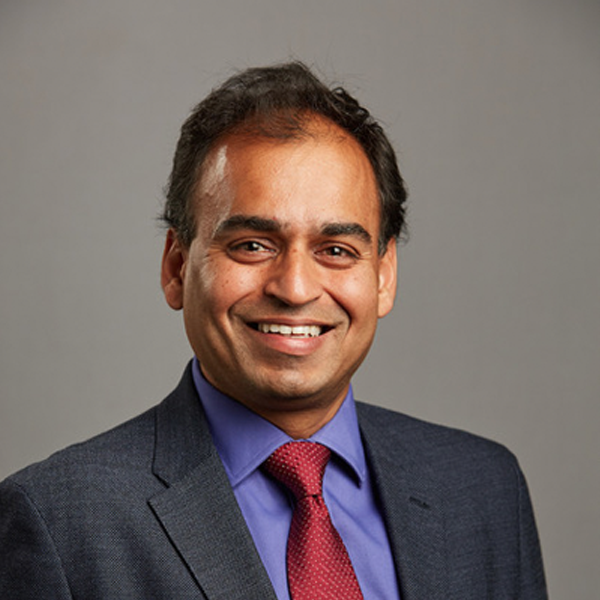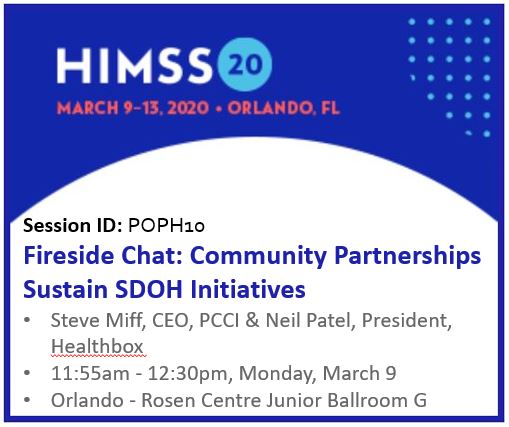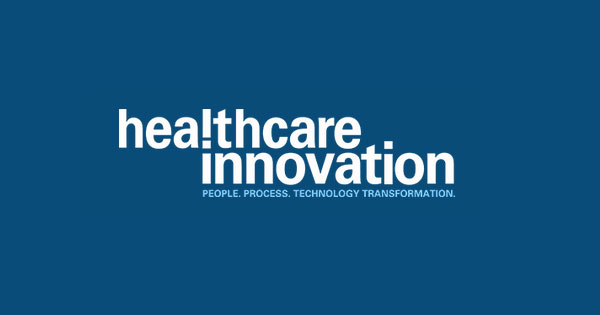It is encouraging to see many healthcare systems and payers focusing on the impact of social determinants of health (SDoH) and looking for ways to partner with community-based organizations to address and improve these issues locally. Although this is a necessary step, I believe that providing access or referrals to community organizations is not the full answer. While healthcare systems can provide referrals and connect patients to resources such as food banks or employment resources, it may not be enough to create individual engagement and empowerment to use those resources. We more fully need to appreciate the role played by the environment in which we grow up and the choices available to us in shaping how we respond to SDoH factors as individuals.

As part of an innovation center where we align data science with SDoH to help systematically disadvantaged individuals, I’ve been witness to projects and research that point to the theory of individual resiliency as part of the equation. The American Psychological Association defines individual-level resilience as the process of adapting well in the face of adversity, trauma, tragedy or threats.[1] A review of the research on
resilience by the WHO found that an individual’s ability to successfully cope in the face of significant adversity develops and changes over time, and that interventions to strengthen resilience are more effective when supported by environments that promote and protect population health and well-being. Further, supportive environments are essential for people to increase control over the determinants of their health.[2]
Also, in addition to traditional resilience methods, the emergence of methods to assess an individual’s capacity for self-care are adding significant insights into personal determinants of health. In particular, the needs of the growing population of complex patients with multiple chronic conditions calls for a different approach to care. Clinical teams need to acknowledge, respect and support the work that patients do and the capacity they mobilize to enact this work, and to adapt and self-manage. Further, clinical teams need to ensure that social and community workers and public health policy advocates are part of the proposed solution. Researchers at the Mayo Knowledge and Evaluation Research (KER) Unit and the Minimally Disruptive Medicine (MDM) program led by Dr. Kasey Boehmer are developing qualitative methods and measures of capacity and individual’s ability for self-care.
Take post-traumatic stress disorder (PTSD), as an example. It has been estimated that around 50-60 percent of people in the US will experience severe trauma at some time in their lives. Around one in 10 goes on to develop PTSD, which is permanent in a third of cases. But some people who have lived through major traumatic events display an astonishing capacity to recover.[3] A complex set of factors can be attributed increasing an individual’s resiliency to trauma including their personality, their individual biology, childhood experiences and parental responses, their economic and social environment as shaped by public policy, and support from family and friends.
I could apply this to patient engagement as well. In any given population we may be able to determine which factors cause one individual to not only take a referral to a food bank but continue to receive services to improve their food insecurity versus another individual from the same neighborhood and population who did not. Perhaps the first individual connected with a case manager at the food bank who did regular check ins. Maybe they had family or friends who drove them to the food bank weekly or attended nutrition classes at the center that provided them with regular group support.
What might social determinants of health look like in 2025 if we could capture, analyze and use these “resiliency” factors or personal determinants of health? In 2025, SDoH will evolve to:
-
- SDoH will evolve and morph intoPDoH – Personal Determinants of Health
- Policy makers at local, state and federal levels will recognize the role that these factors play toward health and well-being of people and will enact policies to provide support for prevention versus late stage clinical intervention
- PDoH will be broadly integrated into Cognitive Health Records and built into AI-based risk predictive models
- Bridging isolation (mental and physical) will be a key focus: Transportation-driven access challenges will be addressed through co-location of services and broadly through digital technology, tele-consults (at non-traditional location such as food pantries) and drone deliveries (everyone loves drones)
- PDoH will evolve to integrate pharmacogenetic/genetic based data and measures of self-care capacity
- From my perspective, we will be better at understanding “who are our patients” beyond clinical diagnoses through both AI driven deep neural network analyses of PDoH data and qualitative studies leveraging discrete choice methodologies and other consumer choice and segmentation research methods
SPOTLIGHT ON PATIENT CARE:
In a collaboration between Parkland Health & Hospital System and North Texas food pantries, the partners wanted to test their ability through connected data share and cross-organizational care coordination using a social-to-health Dallas Information Exchange Portal (IEP) to impact the health care experience of food-insecure individuals with diabetes and/or hypertension.
Individuals who were enrolled in the program had a significantly higher outpatient appointment attendance and a near significant decrease in no-show/same day cancellation of appointments versus a control group. In addition, satisfaction surveys showed that 93% of respondents either agree or strongly agree that the program has made them more likely to go to their doctor’s visit. These results seem to strengthen the idea that those individuals with adequate social supports, and connectedness between the health system and community providers increases individual engagement in health and well-being.

About Vikas Chowdhry
Vikas Chowdhry, MS, MBA, is PCCI’s Chief Analytics and Information Officer with more than 15 years of healthcare experience. He works closely with data science and clinical teams at PCCI to develop machine learning driven technologies and products that can empower clinical and social services providers and individuals to create communities that are healthier and more productive. Vikas would like to thank the teams at Parkland and PCCI who helped him understand the nuances and impact ofSDoH on the people served by Parkland. Vikas would also like to thank NatashaGoburdhun from NDGB Advisors who contributed to this post.
[1]https://www.apa.org/helpcenter/road-resilience; accessed on July 19, 2019
[2] Strengthening resilience: a priority shared by Health 2020 and the Sustainable Development Goals; World Health Organization, Regional Office for Europe; http://www.euro.who.int/__data/assets/pdf_file/0005/351284/resilience-report-20171004-h1635.pdf, accessed July 18, 2019
[3]https://www.theguardian.com/science/blog/2014/dec/19/unbroken-resilience-louis-zamperini-post-traumatic-stress-disorder; accessed on July 18, 2019



